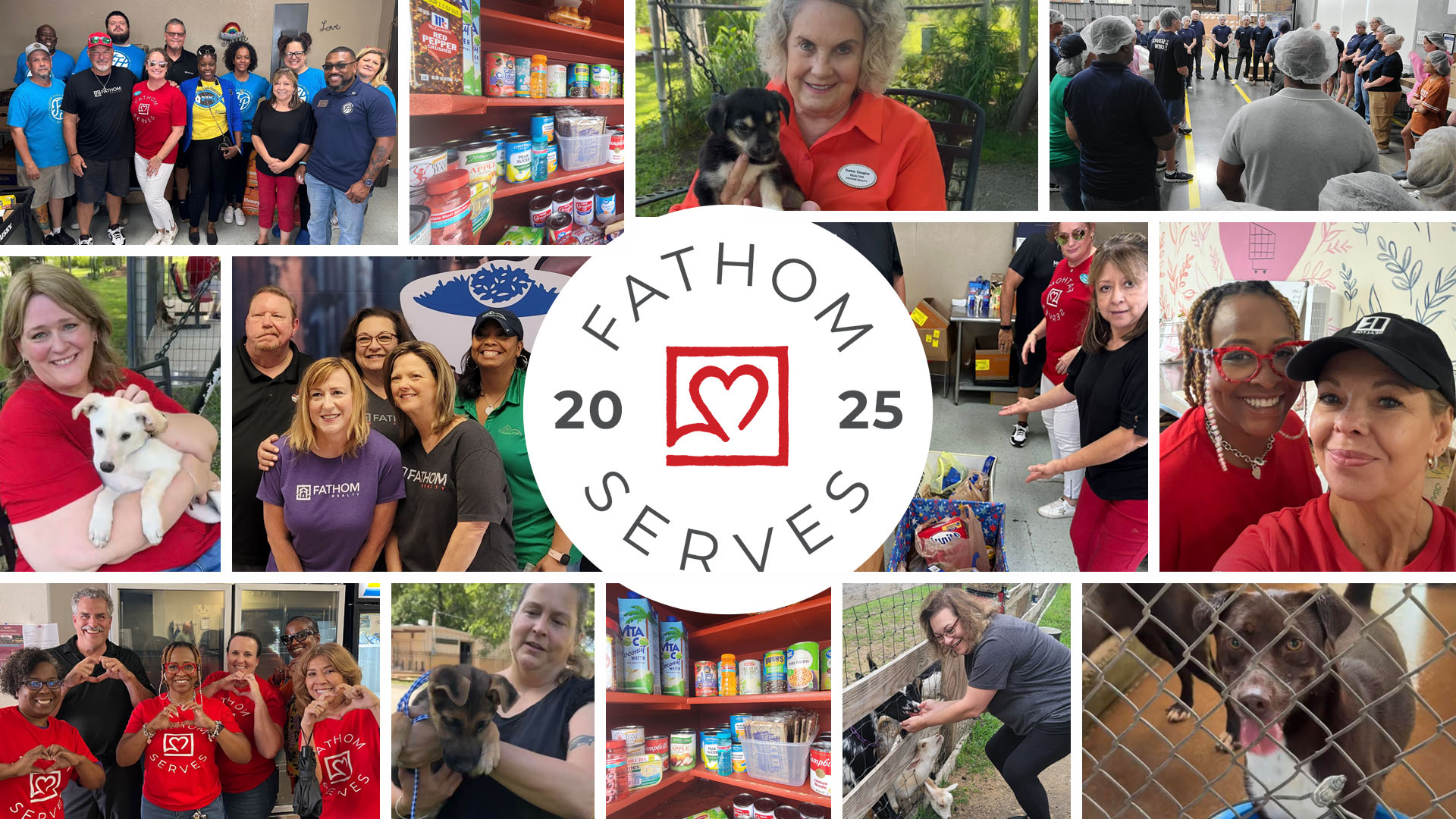
As the industry continues to grapple with the implications of the National Association of REALTORS® (NAR) Clear Cooperation Policy, the debate over private listings, delayed marketing, and limited exposure is far from settled. On the surface, these listing strategies may seem straightforward, but in practice, they often confuse clients. What an agent means by “off-market” can vary significantly, and the terminology used with buyers and sellers plays a crucial role in managing expectations and fostering trust. Clarity is essential—not only to serve clients effectively, but also to remain compliant with NAR guidelines and MLS policies.
Let’s break down the various forms of off-market listings so agents can better educate their clients and navigate these nuanced situations.
What Is an Off-Market Listing?
In simple terms, an off-market listing is a property that is for sale but not listed on the Multiple Listing Service (MLS). These homes are not publicly marketed across the broad channels typically used to promote real estate listings. Instead, they may be shared privately, sold through word of mouth, or made available to a limited pool of potential buyers.
The lack of public exposure differentiates off-market listings from MLS listings, where maximum visibility is the goal. Reasons for keeping a listing off the MLS include seller’s privacy, preparation time, or a desire to test buyer interest without increasing days on market.
Pocket Listings
A pocket listing is a type of off-market listing where the agent holds a signed listing agreement but does not advertise the property on the MLS. Marketing is done quietly—through personal contacts, in-house brokerage networks, or direct outreach to buyers.
Agents should note that under the Clear Cooperation Policy, any publicly marketed listing must be submitted to the MLS within one business day. Therefore, pocket listings must remain truly private or risk violating compliance rules.
Private Exclusives
Private exclusive listings are marketed solely within a brokerage and not shared outside that network. They provide sellers with added control and privacy while still offering limited exposure to buyers. Unlike traditional listings, these are not promoted online or via open houses, keeping the listing confined to a curated audience.
While this method appeals to sellers who want discretion, agents must be cautious about fair housing compliance and ensure all marketing practices align with MLS regulations.
FSBO (For Sale by Owner)
Homeowners list FSBO properties without the assistance of a real estate agent. These homes are still considered “on the market” but exist outside the MLS. Sellers typically advertise on independent websites, yard signs, or classified ads.
Agents working with buyers should keep FSBOs in mind as potential opportunities, although these transactions often require extra diligence in terms of negotiations and documentation.
Expired Listings
When a property’s listing agreement expires without a sale, it becomes an expired listing. Although no longer active on the MLS, the home may still be available if the owner is willing to entertain new offers or relist.
Agents often see expired listings as prospecting opportunities, reaching out to see if the seller is open to trying a new strategy or representation.
Temporarily Withdrawn Listings
Withdrawn listings are properties that were once active on the MLS but have been temporarily removed without canceling the listing agreement. Sellers may pause marketing for personal reasons or to complete repairs, but they may still be open to offers.
These listings are technically off-market during the pause, and agents can track them in the MLS for reactivation potential or discreet buyer outreach.
Builder-Direct Listings
New construction homes are often sold directly by builders through on-site sales teams, bypassing the MLS. While these homes are indeed “on the market,” they may not appear in traditional property searches.
Agents representing buyers should develop relationships with builders to gain access to these listings and confirm any commission structures in advance.
By understanding the various types of off-market listings and the associated terminology, agents can more effectively guide clients and ensure compliance with the Clear Cooperation Policy. The key is using consistent, accurate language to reduce confusion and build trust.
Stop Paying for Empty Promises
.Many brokerages take a significant split of your commission and give very little back in return. At Fathom Realty, agents can activate Elevate, powered by intelliAgent. This full-service platform provides marketing, lead generation, coaching, and transaction coordination to help agents grow smarter and faster. If you’re ready to invest in yourself instead of someone else’s overhead, it’s time to join Fathom Realty and take advantage of Elevate.
Latest on the Blog





